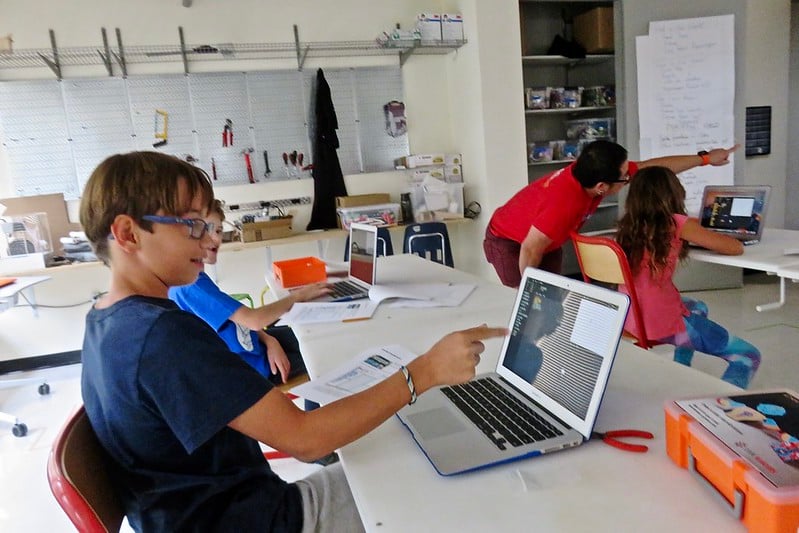Citizen Science Month
April is Citizen Science Month and they’ve made it easy for anyone to participate in a variety of scientific projects. It’s a great way to make a positive difference and to pursue your interest in science. They also have resources in Spanish and Navajo languages.
https://scistarter.org/citizensciencemonth

Funny Animals
We might think of animals as being terribly serious, more concerned about surviving than doing comedy. The Comedy Wildlife Photography Awards shows a different side of animals in their natural habitat. Turns out they complain, dance, plotz, and preen as much as humans.
https://www.comedywildlifephoto.com/

What Do Cars Know About Us?
Modern cars have lots and lots of computers. Rolling down a window, for example, used to involve grabbing a handle on the car door and then cranking it around over and over. Today you push a button. Turns out, all these new car computers not only collect data about how you use a car but they also can collect data on where you are, where you go and when; the speed you drive; and other details. What’s not so good about this is that your data is sent to data brokers who can match it to your information from other sources to create a full profile of your personality, preferences, friends, and so on.
https://foundation.mozilla.org/en/privacynotincluded/articles/what-data-does-my-car-collect-about-me-and-where-does-it-go/

Visit the Metropolitan Museum on Roblox
As of August 3rd, 2023, the Metropolitan Museum in New York City has released an app that lets you interact with art using Roblox. You can wear Van Gogh’s hat or Hatshepsut’s Egyptian headcloth. Download their app and then wander the museum to follow clues to find fun things to download.
https://www.metmuseum.org/perspectives/articles/2023/8/met-metaverse-replica

How Long is a Second?
Lots of things and ideas we count on every day turn out to be flexible. Did you know that the length of a second isn’t fixed? It all depends upon how you measure the second. Sundials, watches, atomic clocks, phones, and other devices treat seconds differently. Here’s a nice history of keeping track of time.
https://www.livescience.com/physics-mathematics/mathematics/how-long-is-a-second


